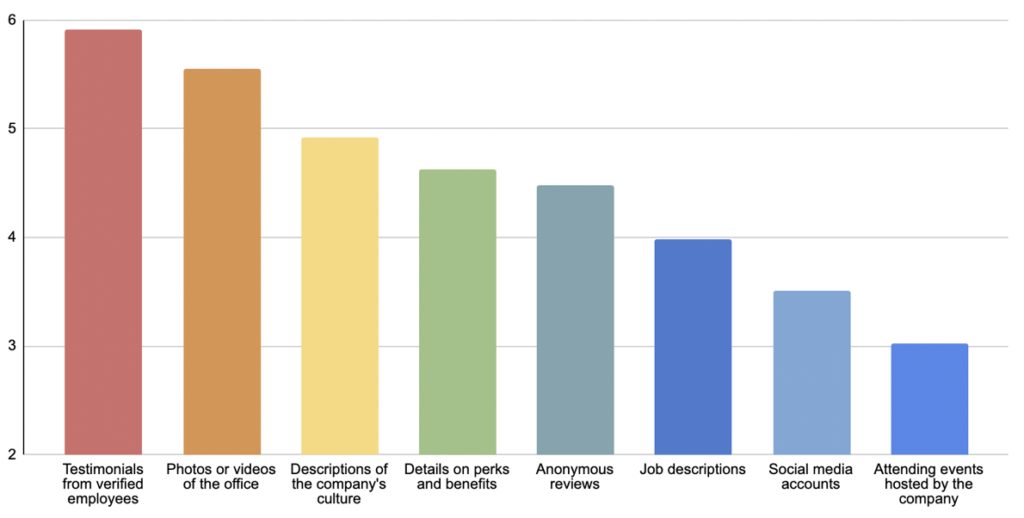It struck me yesterday while I was on my 7th call of the week, where everyone wanted to talk about ChatGPT and Generative AI, that there is an opportunity here. And not the opportunity that everyone VC is running around like zombies trying to invest in any stupid idea that has “Chat” or
“GPT” in the title.
“Human connection is the luxury of the future.” – Tim Sackett, 2023
I’m sure this isn’t a new idea. I don’t know when or where, but I know I’ve heard others say similar things to this in the past. It just seemed to hit me today. This is even more true in our world at this moment.
I love tech. I love generative AI tech, like GPT. I’m a nerd for this stuff, playing around with it every day. More millionaires will be created in the next 18 months from GPT/Generative AI than at any other time in history because this tech will be so transformative to everything we do. I believe that.
I also believe this tech will do some harm. It will hurt some experiences. Those experiences will be faster and more efficient, but also, at the exact same time, feel less.
So, the “Zag” opportunity is first to understand those opportunities. Who will want or need human interaction or connection vs. AI/Robot connection? What will be the value of the human connection vs. that of the robots? I think in my world of HR and TA tech. There are a lot of these human opportunities. For some brands, not delivering a full AI experience and adding humans into the loop will be a competitive advantage.
I’m a Delta Diamond (humble road warrior brag), which only means I fly on Delta way more than the average person. Because of my flyer status, I get a special number to call when stuff goes wrong in my travel. Whenever I’ve reached that number, someone has picked up or called me back in minutes. My sons are like Delta Silvers, the lowest flyer status. I hear the stories of them waiting hours to hear from Delta when they need assistance.
Some might call that privilege and believe everyone should have that same level of access. Those people are wrong. I’m a top customer of Delta. I go out of my way to fly Delta because of my status. It’s super rare that I’ll fly another airline. Most fliers seek the cheapest ticket, and the service should match that desire. I’m loyal. My service should be elevated to reward my loyalty to the brain. My experience matters more than someone who isn’t loyal to the brand. Delta makes more money exponentially from me as a customer than most customers.
Many company executives will say that their employees and their future employees (their candidates) also deserve an elevated level of experience. That experience might include all kinds of efficiencies and AI allowing them to get what they need quickly. That experience also might include the hotline to a real person. A person who knows the brand well. Who understands the importance of your position as an employee or a candidate?
Even today, we live in a world where many times, it’s hard for us to speak to a real human when we actually need and want to speak to a real human. The “Zag” ensures that human connection can happen at the right exact moment when it is needed and wanted. It’s not about delivering a smart robot that can answer more questions.
I speak to executives all the time that will tell, almost to a person, that “our talent, our employees, are our most important assets.” Then they show me how they’ve jammed technology between the employee and a great experience, making it a not-so-great experience. Technology should be a conduit to a great experience. Often it’s replacing an average experience and making it a different but still average experience.
We need to keep asking ourselves what is uniquely human about our experience that we want to preserve and how AI can help us make that human connection even better. Even stronger. We have an amazing opportunity to be more human, but only if we design the world we want.


